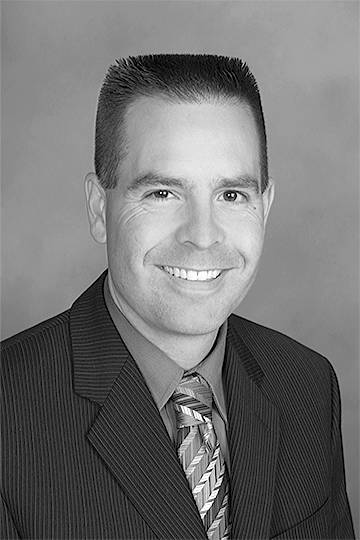By Jon Nehring
Last week Police Chief Rick Smith and I joined with the Snohomish County and city of Arlington leaders to launch a new north county program offering drug treatment and other essential services to homeless drug users.
A chief reason for this joint approach is that drug-related crimes are a shared concern. We have been working cooperatively for months on this model and are excited to now have staff assigned to a Marysville team working in the community. Marysville Police Officer Michael Buell and embedded social worker Rochelle Long, a county Human Services employee, meet people with addiction and mental health issues in homeless camps, at nuisance properties, on the streets and throughout the community.
They work to establish relationships, build trust and offer real, tailored help toward a better lifestyle. Depending on the person’s circumstances, this could mean addiction treatment, housing, job training, mental health services or some combination of similar services. Another new team is at work in Arlington, and other teams are successfully changing lives in east and south Snohomish County.
This work takes diligence and patience. Homeless people may receive several offers of treatment before they are willing to accept it. Marysville is a compassionate community. I believe in second chances, and I am convinced this is a good public investment in turning people’s lives around and helping them on a more successful, productive path.
Another very valid reason to take this approach is simply this: Drug-related crimes are a real problem throughout the United States, and we are not immune to this as it is also impacting our community’s quality of life.
Over the years we have learned that arresting the same people over and over is not working. It’s an expensive revolving door that overwhelms our police, jail and courts – in most cases without resolution. Getting at the root of this crime, which in most cases is to feed a drug addiction, is the key to long-term success. In the early days of this program, we are already seeing promising results. Over a six-week period in February and March, Buell made 46 contacts with people who could benefit from services.
Of those, eight completed chemical dependency assessments, three are in treatment, and two now have better living situations. These are examples that show that we are offering an opportunity for a real way out to those who are trapped in an endless cycle of addiction. However, those who are unwilling to accept this help and who commit crimes will be dealt with through aggressive law enforcement. We will not tolerate home and business burglaries, car break-ins and thefts and other crimes plaguing law-abiding citizens and business owners.
Those who wish to continue this lifestyle will be made aware that they are not welcome to live on public lands, pass out in front of businesses, or otherwise detract from the quality of life that our community expects and deserves.
That is the fair and compassionate approach that seeks to address this issue in a balanced manner.
Jon Nehring is the mayor of Marysville. His column runs monthly.


